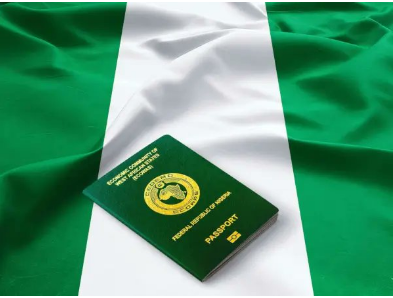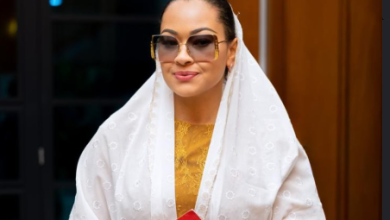
|
Getting your Trinity Audio player ready...
|
The United States Mission in Nigeria has directed all visa applicants to disclose their social media usernames and handles used over the past five years as part of the application process.
The directive, announced on August 18 2025 via the Mission’s official X account, aligns with the U.S. Department of State’s tightened immigration and security vetting measures aimed at strengthening national security.
The new requirement means Nigerians seeking to travel to the U.S. must now fully disclose their social media history and other personal details during the visa application process.
According to the Mission, applicants must provide a comprehensive list of social media accounts on the DS-160 visa application form and certify that the information supplied is accurate before submission.
“Visa applicants are required to list all social media usernames or handles of every platform they have used from the last five years on the DS-160 visa application form,” it stated. “Omitting social media information could lead to visa denial and ineligibility for future visas.”
The Mission further warned that incomplete or misleading entries would not be overlooked, stressing that applicants who skip the social media section risk jeopardising their chances of obtaining a visa or future entry into the United States.
When introduced in June, the policy initially applied only to student visa applicants (F1 category) but has now been expanded to cover all visa categories. The U.S. government said the move reflects a broader effort to identify potential security risks, including concerns tied to online activity.
The announcement comes after U.S. Secretary of State Marco Rubio paused the scheduling of international student visa appointments earlier this year to review vetting methods following campus protests in the U.S. linked to the Israel-Palestine conflict. The Trump administration has since tightened oversight of applicants, extending social media scrutiny beyond academic visas.




